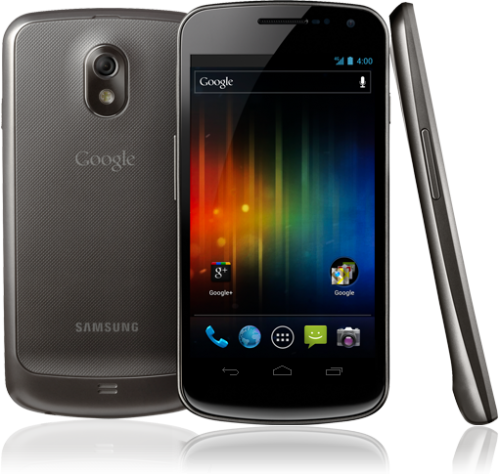Google and Samsung recently announced a new smartphone – Galaxy Nexus. Among all the bells and whistles there is something that you don’t see that often on a mobile computing device – a barometer. Pretty much each and every technology website mentioned the new piece of hardware, but nobody really explain why it is included and what it is good for.
I’ve searched a web a little for the ideas and realized something. Not only that most people have no idea good a barometer can do in a mobile phone, but too many of them don’t even know what a barometer is. In general, besides the mobile phone. That’s where I thought I’d help them out a bit.
First things first. Here is how Wikipedia defines barometer:
A barometer is a scientific instrument used in meteorology to measure atmospheric pressure. It can measure the pressure exerted by the atmosphere by using water, air, or mercury. Pressure tendency can forecast short term changes in the weather. Numerous measurements of air pressure are used within surface weather analysis to help find surface troughs, high pressure systems, and frontal boundaries.
With that and some more reading and browsing the Web, I can list the following possible applications of a barometer in a mobile phone:
- Weather forecasts. While we do have those now even without barometers in our phones, barometers can help the device provide a much more accurate, up to the minute weather forecast. Atmospheric pressure paired with the general forecast for the air can warn of you upcoming rains and such, minutes in advance. Also, what works one way, can work the other way too – hundreds of thousands or even millions of devices with barometers spread across the globe could help distributed data collection on atmospheric pressure and its changes, thus improving weather forecasts for everyone.
- Atmospheric pressure change warnings. This is somewhat related to the previous point. Many people, especially older ones, and people with a variety of health conditions, are very sensitive to the changes of the atmospheric pressure. Some need to take certain pills, others need to lay down. Now, the mobile phone will be able to warn them slightly in advance.
- Altitude positioning. Most smartphones these days are equipped with GPS. GPS can tell the altitude as well, but it is not very accurate at it. Barometric sensor can improve that a lot. Practical applications can vary from sports like parachuting and paragliding, through hobbies like remote control airplanes, to navigation and location service inside buildings (which floor am I at?).
What other applications and uses can you think of for a barometer in a mobile device?

Means its specially use for measure atmospheric pressure and to get exact location (altitude) no?
Altitude positioning is priceless for skydivers